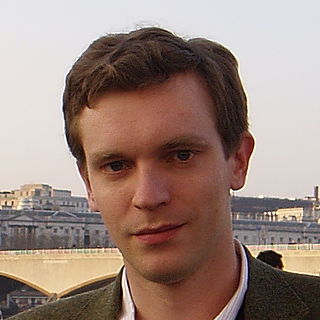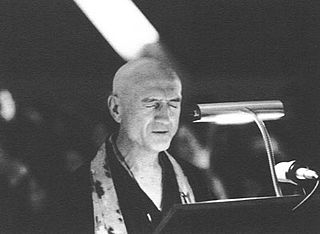A Quote by Henry Fielding
However exquisitely human nature may have been described by writers, the true practical system can be learned only in the world.
Related Quotes
There is a sort of knowledge beyond the power of learning to bestow, and this is to be had in conversation; so necessary is this to the understanding the characters of men, that none are more ignorant of them than those learned pedants whose lives have been entirely consumed in colleges and among books; for however exquisitely human nature may have been described by writers the true practical system can be learned only in the world.
True religion is a universal and (necessarily) ego-transcending psycho-physical motivation of human beings. However, up to the present stage in human history, only relatively few individuals in any generation have been willing and able to make the gesture that is true religion (or, otherwise, true esotericism). In their great numbers, most people have, up to now, never yet been ready or willing to adapt to the true (and progressive) practical, moral, devotional, Spiritual, and Transcendental Wisdom-culture of right life.
Nothing can be more contrary to nature, to reason, to religion, than cruelty; hence as inhuman man is generally considered as a monster; such monsters, however, have existed; and the heart almost bleeds at the recital of the cruel acts such have been guilty of; it teaches us, however, what human nature is when left to itself; not only treacherous, but desperately wicked.
I learned from the Macarturos. I had never been at a table with a labor organizer and a playwright and a performance artist and an anthropologist and a human rights lawyer. Usually at most gatherings, it's all writers. But suddenly I was at a table with all these different people and I learned from each of them, learned from the work they're doing, learned new ways to solve my problems.
Even in a jungle, lovely flowers will spring up here and there, such being the fecundity of nature, and however badly our pastors and masters run our society, however much they pull to pieces that which they claim to be keeping intact, nature remains fecund, human beings are born with human traits, sometimes human strength outweighs human weakness, and human grace shows itself amid human ugliness. ‘In the bloodiest times,’ as our play has it, ‘there are kind people.’
America has had the best university system in the world for a long time. And so we have been innovators, not only in the discoveries as proven by Nobel Prizes in chemistry and physics and that sort of thing, but we've been able to put that into practical application with new gadgets that people admire.
In a large congregation, while there is a wide diversification of interest, it is also true that there are only a few basic human problems. It must also be taken into consideration that people are people regardless of who they are or what their backgrounds may be. There are certain deep universal appeals to human interest and to these human nature always responds.
Isolated facts and experiments have in themselves no value, however great their number may be. They only become valuable in a theoretical or practical point of view when they make us acquainted with the law of a series of uniformly recurring phenomena, or, it may be, only give a negative result showing an incompleteness in our knowledge of such a law, till then held to be perfect.






































